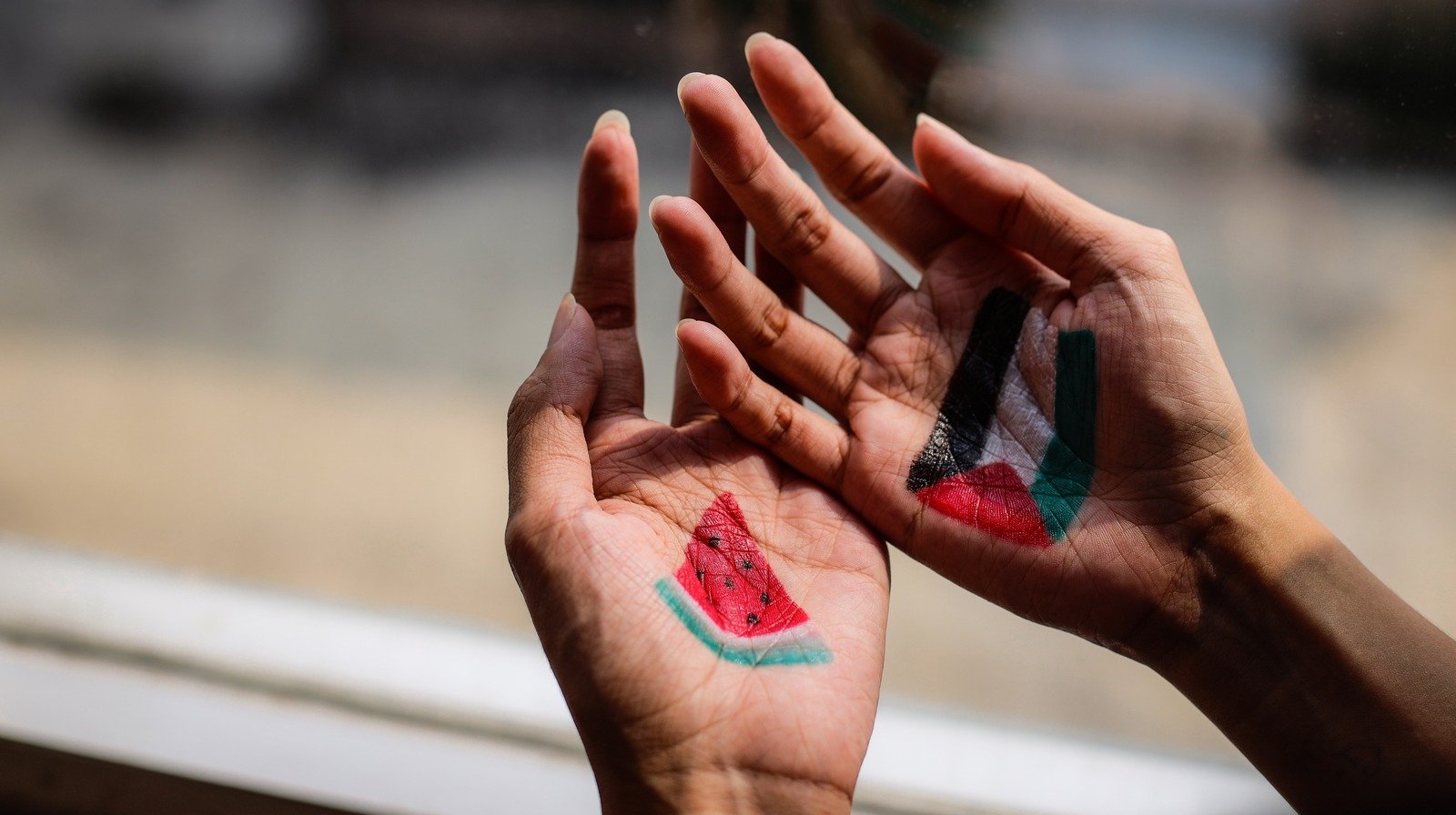How Watermelon Became Palestine’s Biggest Cultural Symbol
Watermelon, the juicy and refreshing fruit, has become an iconic symbol of Palestinian culture. From its vibrant colors to its sweet taste, watermelon holds a special place in the hearts of Palestinians and has come to represent their resilience and determination. This article explores the cultural significance of watermelon in Palestine and how it has become deeply intertwined with the Palestinian identity.
The Origin of Watermelon in Palestine
Watermelons are believed to have originated in Africa and were later introduced to the Middle East. In Palestine, watermelon cultivation dates back centuries, with the fruit being grown in various regions of the country. The hot climate and fertile soil provided favorable conditions for the crop to thrive. Over time, watermelon became a staple in Palestinian cuisine and a beloved fruit among its people.
Social and Cultural Significance
Watermelon holds immense social and cultural significance in Palestinian society. It is often associated with summer, family gatherings, and celebrations. In many Palestinian households, serving watermelon is a form of hospitality, with hosts offering slices of the fruit to guests as a gesture of warmth and welcome. The act of sharing and enjoying watermelon brings people together, fostering a sense of community and unity.
Symbol of Resilience
Watermelon’s symbolism goes beyond its taste and appearance. Palestinians have embraced the watermelon as a powerful representation of their resilience and endurance in the face of adversity. Just as the fruit grows and thrives in harsh conditions, Palestinians have continued to preserve their culture, language, and traditions despite the challenges they have faced. Watermelon serves as a reminder of their ability to thrive and persevere.
Watermelon in Palestinian Art and Literature
Watermelon has also found its way into Palestinian art and literature, further solidifying its cultural significance. In paintings and illustrations, watermelon is often depicted as a vibrant and essential element of Palestinian life. It can represent joy, abundance, and the simple pleasures of everyday existence. In literature, watermelon is used as a metaphor for the Palestinian struggle, symbolizing their determination to overcome obstacles and reclaim their homeland.
Watermelon Festivals
Watermelon festivals have become a popular tradition in Palestine, drawing people from all walks of life to celebrate the fruit and its cultural significance. These festivals showcase various watermelon varieties, offer a chance to taste different flavors, and provide a platform for local farmers to showcase their crops. People indulge in watermelon-eating contests, listen to traditional music, and enjoy the festive atmosphere, strengthening their connection to their heritage and each other.
Economic Impact and Export
Watermelon cultivation has also had a significant economic impact on Palestine. The country produces high-quality watermelons that are not only consumed domestically but also exported to neighboring countries and beyond. Watermelon farming provides income and employment opportunities for many Palestinians, contributing to their livelihoods and the overall economy. Additionally, the export of watermelons has helped Palestine gain recognition in the international market and promote its agricultural products.
Challenges and Adaptation
Despite the success of watermelon cultivation in Palestine, farmers face various challenges, including limited access to resources, water scarcity, and political constraints. However, they have shown remarkable adaptability and innovation, using advanced farming techniques and technologies to overcome these obstacles. Through their perseverance, farmers continue to produce high-quality watermelons that are not only tasty but also embody the Palestinian spirit.
In Conclusion
Watermelon has undoubtedly become Palestine’s biggest cultural symbol. It represents hospitality, unity, resilience, and the determination of the Palestinian people. From family gatherings to watermelon festivals, the fruit has woven itself into the fabric of Palestinian society, serving as a reminder of their rich heritage and unwavering spirit. As Palestinians continue to navigate the challenges they face, the watermelon remains a testament to their ability to thrive, adapt, and preserve their culture, making it more than just a fruit but a powerful cultural and symbolic icon.
*Source www.foodrepublic.com



































